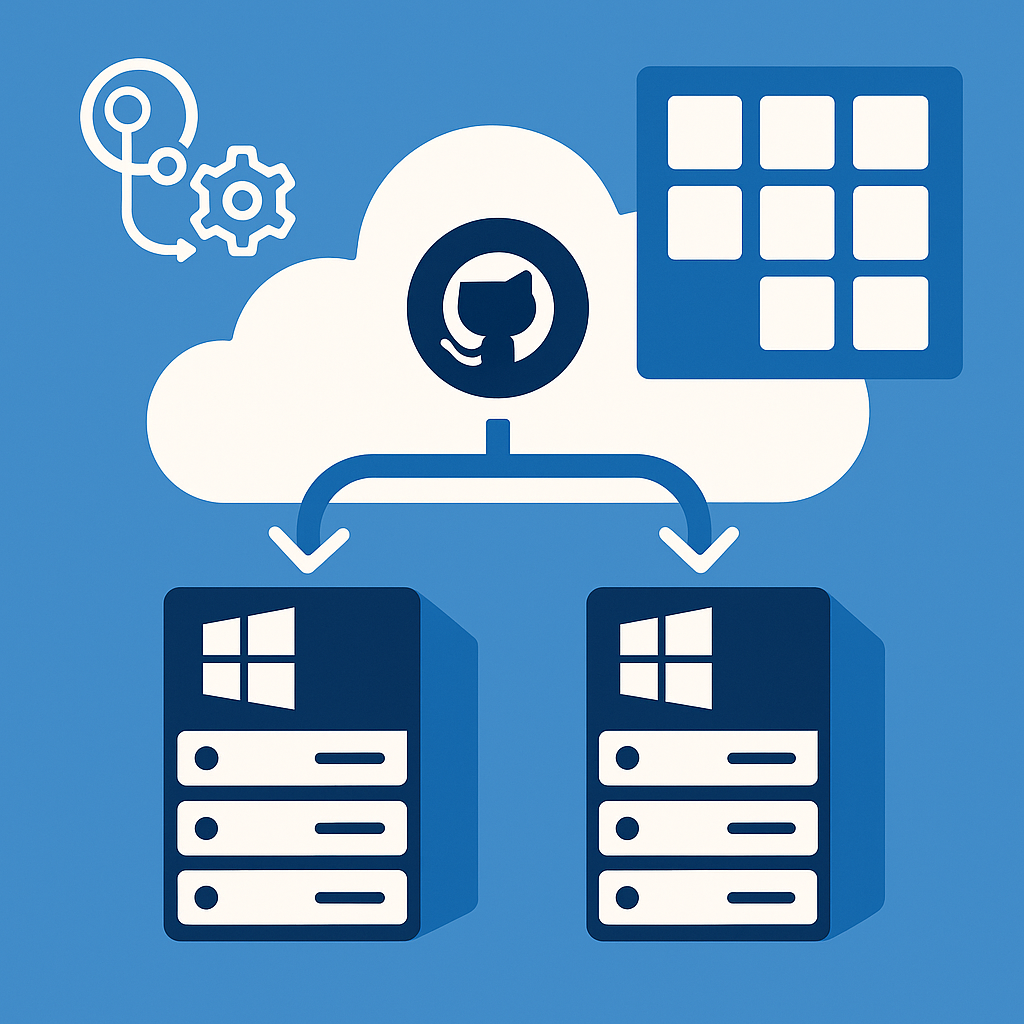Canonical URLs in an HTTP API
When you are building an HTTP API, you need to make sure your endpoints have a canonical URI structure. You can describe a canonical URL as your preferred endpoint. When you have endpoints that reference the same resource, it is best to make sure there is one preferred version of this resource.
Take for example a blog with a collection of posts. You can model the retrieval of all posts for a given blog this like:
GET /Blogs/{id}/Posts
Although this might sound simple, how do we represent a single post?
Would you use:
GET /Blogs/{blogId}/Posts/{id}
or
GET /Posts/{id}
You might even have both endpoints available, but in the end, they do point to the same resource, or better, the same post. So the URI for the same post is no longer unique and the client/browser might take two cache entries for the same item as they are known by different URIs.
Another example; what if you have a users endpoint and you want to be able to get a user by its identifier or by its username.
GET /Users/{id:guid}
GET /Users/{name}
When the user is found, you will get the same record back regardless of the endpoint chosen.
Although it is fine to have multiple endpoints for the same resource, there should ideally only be one endpoint that returns the representation of the resource. See also rfc 6596.
This helps with cache invalidation although it might introduce more roundtrips.
In order to tell the browser that the actual resource can be found at another location, you return a 3xx code. For example a 302 (Found) or a 303 (See Other). Inside this response, you include a Location header with the new absolute URI of the resource.
In ASP.NET (core) you might end up with something like this:
[Route("api/[controller]")]
[ApiController]
public class UsersController : ControllerBase
{
private readonly IUserRepository _userRepository;
public UsersController(IUserRepository userRepository)
{
_userRepository = userRepository;
}
// GET api/users/slug
[HttpGet("{slug}")]
public ActionResult<UserResource> GetByName(string slug)
{
var user = _userRepository.FindBySlug(slug);
if (user == null)
return NotFound();
return RedirectToAction(nameof(GetById), new {id = user.Id});
}
// GET api/users/guid
[HttpGet("{id:guid}")]
public ActionResult<UserResource> GetById(Guid id)
{
var user = _userRepository.GetById(id);
if (user == null)
return NotFound();
return Ok(user);
}
}
A call to the user by its name returns a redirect to the preferred endpoint with the identifier. If a client already has this item, it can retrieve the date from its local cache instead.





Leave a comment